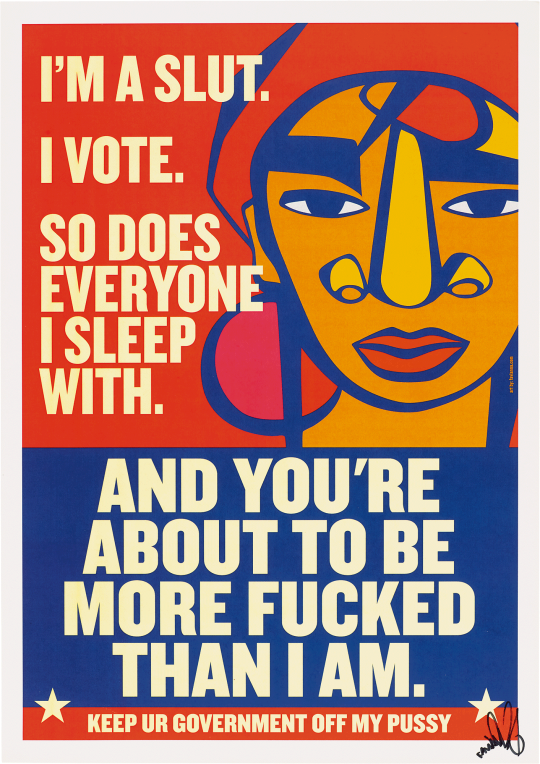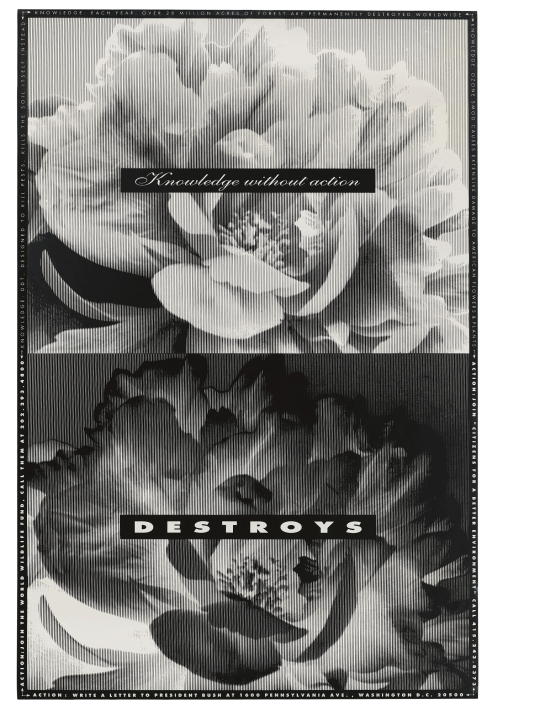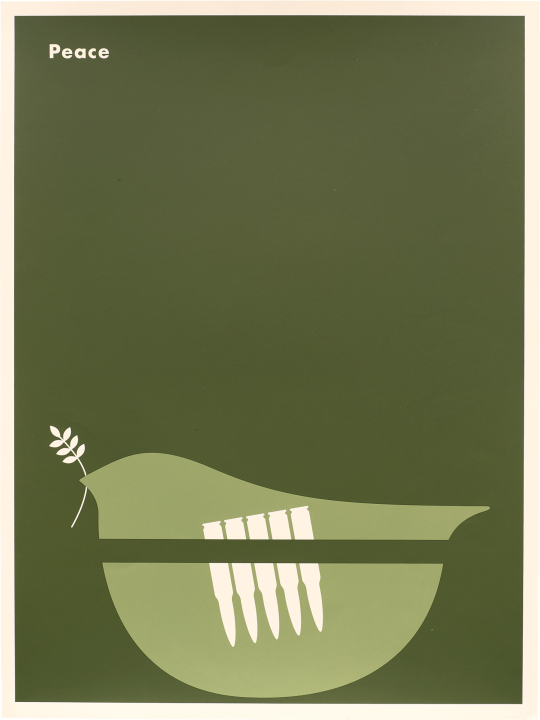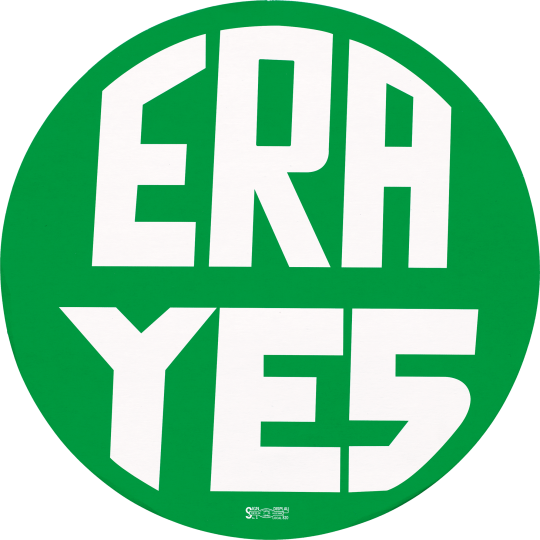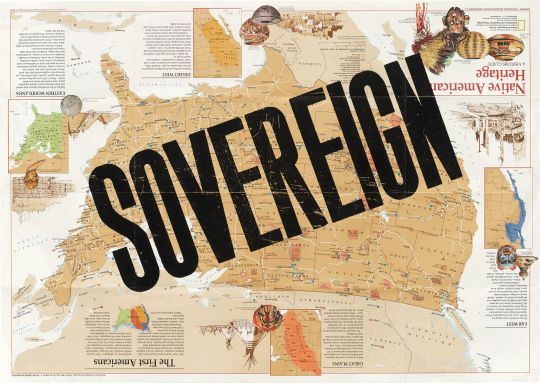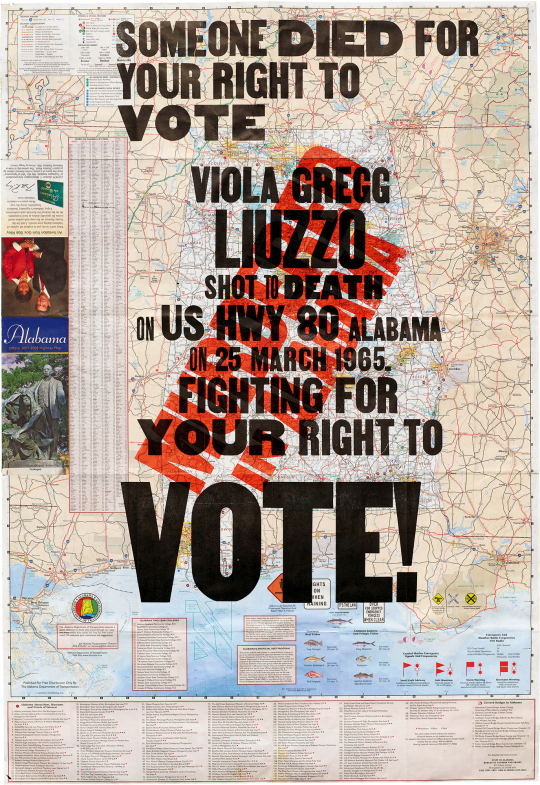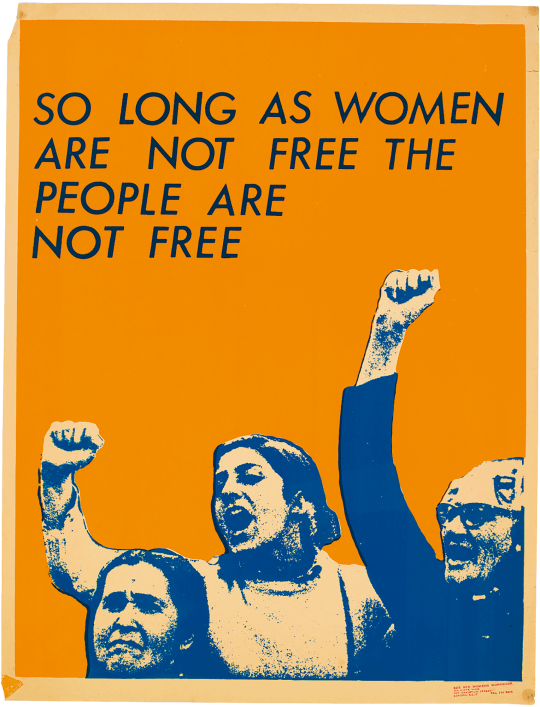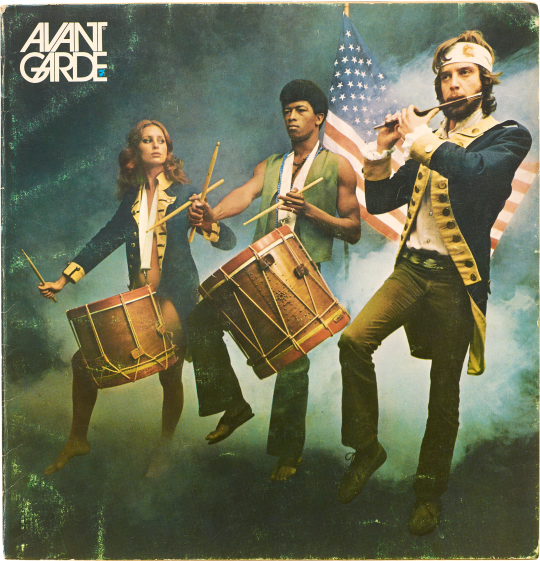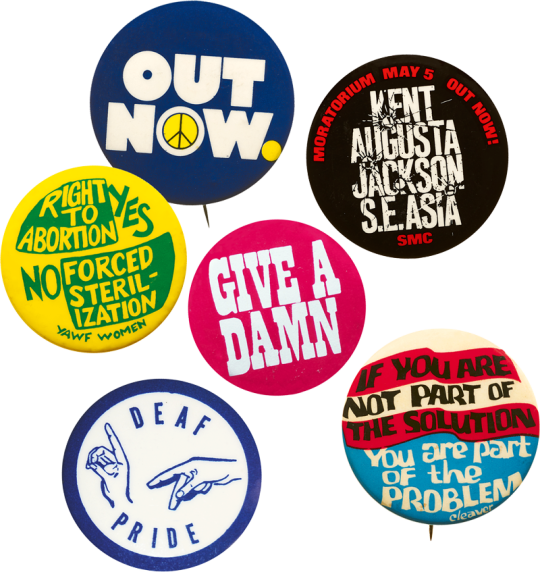vote!
“From limiting original voting rights to white men, to the elitist and racist origins of the electoral college, American democracy has always left people out of participation by design. — Stacey Abrams, Our Time Is Now, 2020”
The quest for equal voting rights in America has been glacial. Since the nation’s founding nearly 250 years ago, power has been tied to those holding the colonial purse strings.
When the U.S. Constitution was ratified in 1789, only landowning white men could vote. The Fifteenth Amendment granted Black men the vote in 1870, followed fifty years later by the Nineteenth’s extension of voting rights to women. And the 1924 Snyder Act granted citizenship to Indigenous peoples—a painful irony considering they have been on so-called U.S. soil the longest.
Centuries after the country’s founding, we still know how fragile a democratic election can be. After a misinformation campaign insisted that Trump won the 2020 U.S. presidential contest, “stop the steal” protesters breached the Capitol on January 6, 2021, and several states passed laws to turn back the clock on voting rights for minorities.
To counter this history, we celebrate beacons of civic engagement in the U.S. and abroad, from John Heartfield in post–WWI Germany, to an anonymous activist championing women’s equal rights, to Favianna Rodriguez in modern-day Oakland. The works in this section are calls for change—sending folks to the ballot box while continuing to speak out against the persistent inequities of the system itself.
Next
teach!-
![]()
For All These Rights We’ve Just Begun to Fight
offset
-
![]()
McCarthy Peace
offset
-
![]()
I'm a Slut
giclée print
-
![]()
Knowledge without Action Destroys
offset
-
![]()
Peace
screen print
-
![]()
Feminist Majority Foundation reissue of the 1979 protest sign for the ERA Yes movement
screen print
-
![]()
Sovereign
letterpress
-
![]()
Someone Died for Your Right to Vote!
letterpress
-
![]()
Facsimile of So Long As Women Are Not Free
screen print
-
![]()
Photomontage for AIZ, vol. 14, no. 2
offset
-
![]()
Avant-Garde, no. 7
offset
-
![]()
Calligraphy for Kickass Type
digital graphic
-
![]()
Digital sample for Kafa typeface, Arabic Type Foundry
digital font
-
![]()
Various protest buttons
-
![]()
Nuclear Power? No Thanks (Atomkraft? Nein Danke), a.k.a. the Smiling Sun
machine embroidery


